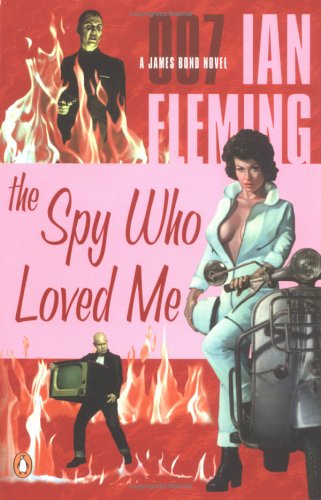 When I was teaching World and Asian history at university, I honestly developed a resentment towards certain types of the home-schooled. There was the guy who, when I started talking about Charles Darwin, put down his pencil and refused to take a single note. He didn't care that I wasn't teaching science but history. He didn't care that Social Darwinism was a major part of racism, militarism and WWI. He wasn't going to learn about Darwin. Period. Full-stop.
When I was teaching World and Asian history at university, I honestly developed a resentment towards certain types of the home-schooled. There was the guy who, when I started talking about Charles Darwin, put down his pencil and refused to take a single note. He didn't care that I wasn't teaching science but history. He didn't care that Social Darwinism was a major part of racism, militarism and WWI. He wasn't going to learn about Darwin. Period. Full-stop.There was another who, when I asked for the connection between the Mexican Revolution and Karl Marx, wrote "Communism is a failed ideology". (By the way, the correct answer is that Mexico claims that its revolution was the first Communist revolution, which it is.) He wrote this for EVERY question about Communism, and I gave him a zero every time. Communism was a huge problem for a number of people, by the way. They just didn't want to have to learn about it, since, after all, the Berlin Wall had fallen, the Empire was destroyed, and Communism was dead. (I'd remind them about China, and sometimes there would be a moment of silence followed by a long sigh as most of them picked their pencils back up. But not all...)

There was always one person who, when I was teaching about Buddhism, Hinduism, Jainism, Islam, etc., had to explain to the class how Christianity was the only true religion. Sometimes they would demand to know my beliefs, and I would say "I'm here to teach history, not proselytize", but they wouldn't get the hint. In fact, they usually decided that I must be an atheist, since I didn't let them preach to the class. That or I was a Roman Catholic, and if you can see the logic to that, please explain it to me.
The connecting thread here is that these people all thought that learning ABOUT something was the same as believing IN it. They really felt that if they learned about a political alternative, like socialism or communism, or a religious alternative, like Buddhism or Islam, they were (1) accepting it, (2) approving it, (3) in danger of becoming it. Even though they had no problem hosing up all the info they could get about Nazis or serial killers. Sometimes they could take it if it was far enough in the past - I could talk paganism till the cows came home, and discuss Plato and Aristotle, Stoicism and Epicureanism. Although they did get a little nervous when I'd point out the points in Platonism and Stoicism that had been adopted by early Christianity...
But, as I said, I developed a resentment. I got so sick of trying to teach them that learning about something outside their comfort zone was not me trying to convert them, but was quite simply trying to get them to understand how the world got the way it is, today. I had to teach them how to learn fearlessly. And in the process, I realized how much the concept of learning about something = believing in something is a wonderful tool to control people. I don't know what these students were being taught at home, but I do know that if you scare people so they won't learn, you can tell them almost anything. You have gotten them to put bars on their own minds, which only makes it harder to ever get them off.
Orwell got these statements straight from Jean Jacques Rousseau's "The Social Contract". But you'd have to have taken notes in my class to know it.




















